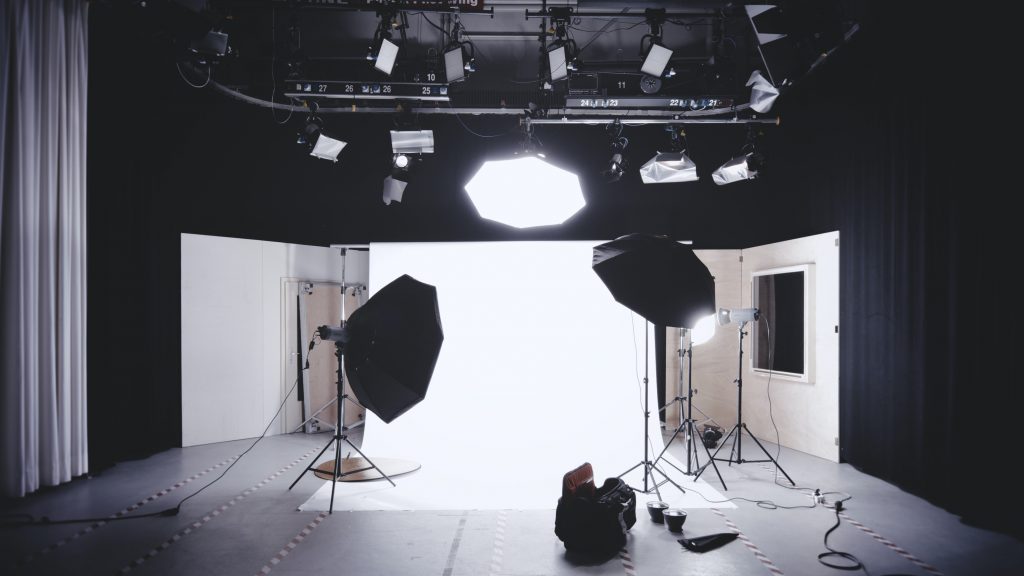Buying photography equipment, locating the best workspace, and finding a means to display your images might all cost cash upfront that you may not have. However, if you take the profession and your passion seriously, your success and demand for development may inspire you to seek financing via photography business loans.
Explained: The Best Photography Business Loans
For each loan kind shown in the table above, below are some relevant facts. We’ll go through what the loan comprises, its key characteristics, how it relates to the photography business, and why we chose the suppliers we did.
When it comes to term loans, it’s essential to understand which options are best for your small company and how much money you’ll need to address your difficulties. Whether you need money for equipment, rent taxes, marketing campaigns, or employ an assistant, a term loan from Paydaynow.net might be a brilliant alternative for a photography company.
If you pick a term loan, you may borrow between $25,000 and $250,000 with payback lengths ranging from 12 to 36 months. This loan has an interest rate that begins at 8.99 percent, and you’ll get your money in 72 hours.
To qualify for a PaydayNow loan, you must have been in the company for at least 18 months, have a credit score of 660, and generate at least $250,000 in annual sales. If you believe the company is a suitable mat may apply for a loan online.
What to Think About When Starting a Photography Business
If you’re a young photographer considering a career in photography, you could be feeling a combination of enthusiasm and trepidation. If you don’t have a lot of business experience, the prospect might be scary. When you decide to start a photography company, several aspects and difficulties are considered. Begin by asking yourself the following questions:
- What kind of photography do I want to create?
- What type of certification do I require?
- How will I get the funds I’ll need to purchase my equipment?
- What is the best way for me to discover customers?
- What is the best way to build a portfolio?
Answering these questions can help you better plan for your business’s issues and convey your company’s strengths when asking for financing.
What Does It Take to Start a Photography Business?
It’s not simple to get into the photography profession, mainly if your previous expertise is restricted to social networking. A robust business strategy is essential for every photography startup, but it is even more important for an established photography firm that wants to expand.
You’ll quickly discover that you need to spend money wisely after creating a solid strategy to acquire consumers. Professional photographers need the appropriate, photographic equipment, a suitable working environment, and a means of showcasing their abilities and the quality of their work.
In general, the following expenses may be expected when starting a photographic business:
- Cameras may cost up to $8,000 each.
- Up to $3,000 per piece for lenses
- Up to $800 for lighting and backgrounds
- Up to $3,000 in computer technology
- The cost of registering a business is up to $1,500.
You should also include basic operational costs, such as repair charges when components of your equipment need to be replaced or repaired. It’s usually a good idea to write a thorough business plan before applying for a loan.
How to Select the Most Appropriate Photography Business Loans
Your company strategy will determine which photography business loans are ideal for you. Few funders would even consider speaking with you if you don’t have a business plan. Lenders will want to know how you intend to spend the money you receive and how you intend to return it.
Of course, before applying for small company finance, you should have your own set of criteria prepared. Even if a lender likes your idea, you shouldn’t accept any conditions they provide you at face value.
Here are some questions to consider:
- What financial requirements are there?
- What are the different loan terms available, and which one can I afford to pay back?
- Will there be any consequences if I’m late?
- Do I simply need funding for equipment, or do I also require funds for additional expenses?
- How soon will I be able to return the whole loan, including interest?
- Is the lender willing to work with a startup, or do I need to have been in the company for a while?
- Is it essential for the lender to know if I have a low credit score?
- Should I consider invoice financing as part of my loan?
Finally, you must account for whatever prior photographic experience you may have. Finding a financial institution that will lend you money without seeing any proof that you are a talented photographer will be difficult.
Conclusion
Anyone may be a photographer, but operating a successful photography studio or company is another story. Before contacting any lenders, you’ll need to start with a good business plan to demonstrate that you can manage your firm for a lengthy period. We hope this tutorial has provided you with a better understanding of how to approach the world of photography business loans.

